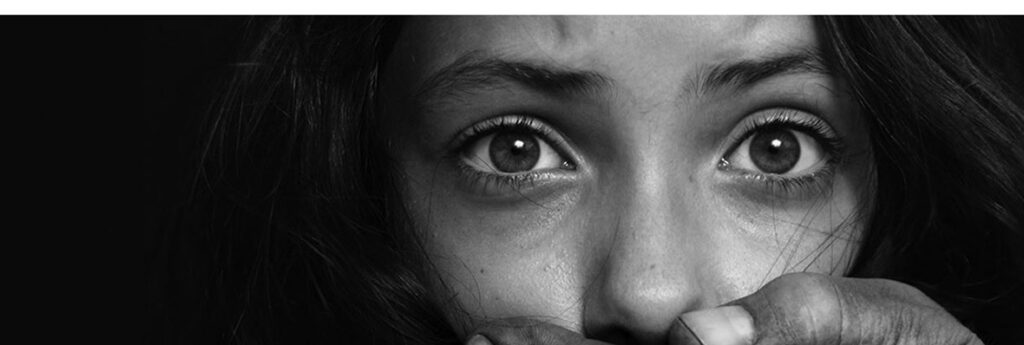A new awareness campaign will train staff at the Greater Sudbury Airport and educate travellers to recognize and respond to the signs of human trafficking. Angels of Hope Against Human Trafficking, a local non-profit organization providing support to survivors and public education about one of the country’s fastest-growing crimes, will launch a campaign entitled Spot the Signs, Break the Chains on May 12.
Cristina Scarpellini, the organization’s executive director, said the Greater Sudbury Airport is one of the norther Ontario region’s busiest airports, with flights connecting to Toronto Pearson Airport and Billy Bishop Toronto City Airport, which see travellers travelling to many international destinations.
Scarpellini said her organization will train airport staff in Sudbury so they have the knowledge and ability to identify and report suspicious behaviour. Training will include identifying signs, how to report suspicious behaviour, how to approach a suspected victim and community resources to support those who have escaped trafficking.
The training will be informed by those with lived experience in human trafficking, she added.
In 2021, more than 54,000 passengers went through the Greater Sudbury Airport and Scarpellini is hoping to engage the same number of people over the course of one year.
Funding for the campaign was provided through the Sudbury Community Foundation and Department of Justice Canada.
“The awareness campaign will include posters and videos, which will include the signal for help, and where to call if you suspect human trafficking,” said Scarpellini.
The help symbol for human trafficking is done by holding one’s hand up with your thumb tucked into your palm, then folding your fingers down. Campaign material will be posted around the airport, including in bathrooms.
Scarpellini said common signs that someone may be the victim of human trafficking include not carrying their own personal identification. “Someone would be speaking for them,” explained Scarpellini. “They would be quiet and reserved and maybe look a little fearful.”
If a passenger suspects someone is being trafficked, Scarpellini recommends they speak to airport security about their observations. “Security will be trained on what to do from there,” she said.
About 10 years ago, Scarpellini sounded the alarm that human trafficking was occurring in Greater Sudbury. At the time, the public, including police, were reluctant to admit that it was a problem in the city. That has changed now, with more awareness and the spotlight on survivors sharing their lived experience.
“Sudbury is considered a hub for human trafficking and that is due to our geographical location,” she said. “Angels of Hope is seeing many girls being taken out of town and a lot of out-of-town girls being brought to Sudbury, doing the circuit. The circuit involves moving girls from town to town, around and across Ontario.”
People trapped in human trafficking often struggle with addiction, said Scarpellini, whether substance misuse leads them to be victimized, occurs during entrapment, or drugs are used to cope with trauma. On average, it takes someone seven attempts to successfully escape a trafficking situation permanently, she said.
“That has been one of our biggest challenges,” she said, “getting them the help they need to overcome addiction.”
Scarpellini said that although human trafficking has become more well-known in the public’s eye, there is still work to be done to deter the crime.
“I don’t want to criticize the justice system, because they do good work, but in my opinion, sentences aren’t harsh or long enough, and they are not a deterrent for the trafficker,” she said.
“Because, when you look at the big picture and you see how much money a trafficker can generate, and then maybe doing one or two years in jail, it’s worth it for them to do their time and come out and do it again.”
Additionally, Scarpellini strongly believes traffickers should be mandated to be on the National Sex Offender Registry.
“Once you are convicted of trafficking, you should be on the list because you are a risk to the public,” she said.

